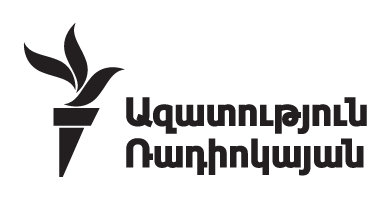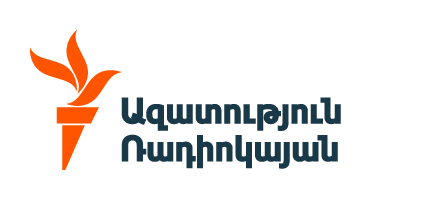The three leaders met in the southern Russian city of Sochi in yet another attempt to break the deadlock in Armenian-Azerbaijani peace talks mediated by Russia, the United States and France. Presidents Ilham Aliyev and Serzh Sarkisian also held separate talks there with American, French and Russian diplomats co-chairing the OSCE Minsk Group.
In a joint statement with Medvedev, Aliyev and Sarkisian said they will “seek to resolve all contentious issues by peaceful means” and investigate all ceasefire violations in the conflict zone together with representatives of the Organization for Security and Cooperation in Europe.
“The presidents noted the importance of their regular contacts on issues of the Nagorno-Karabakh settlement and agreed to continue them in the same format to complement the work of the [U.S., Russian and French] co-chairs of the OSCE Minsk Group,” read the statement.
Aliyev and Sarkisian also agreed to complete the exchange of prisoners of war “within the shortest period of time.”
They already reached such an agreement at their previous trilateral meeting with Medvedev that was held in another Russian city, Astrakhan, last October. The conflicting parties have only swapped the bodies of dead soldiers and civilians so far.
The statement said nothing about the parties’ outstanding differences on the basic principles of a Karabakh settlement put forward by the mediating powers. Medvedev expressed hope after the Astrakhan talks that they will iron out their disagreements in the coming weeks.
However, Yerevan and Baku have continued to make differing public interpretations of the framework peace deal favored by the Minsk Group co-chairs. Armenian officials insist that it upholds the Karabakh Armenians’ right to legitimize their de facto secession from Azerbaijan. The Azerbaijani side says, however, that they would only be able to determine the extent of Karabakh’s autonomy within Azerbaijan.
Aliyev’s chief foreign policy aide, Novruz Mammadov, on Monday spoke of a “slight positive change” in Armenia’s position on the Karabakh dispute which he said manifested itself at Sochi. “I think that in this period [since the last Armenian-Azerbaijani summit] Armenia’s leaders have realized that if all continues like this, the position adopted by them will not lead to success and will foil their certain plans,” he told the Trend news agency.
Azerbaijan -- Novruz Mammadov, head of international relations department of President′s Office, Baku, 01Apr2008
Mammadov did not elaborate on the alleged change in the Armenian position. He said only that the next three months will show whether it can pave the way for decisive progress in the peace process. Sarkisian and other Armenian government officials made no public statements on the Sochi talks. Karen Avagian, a parliament deputy from Sarkisian’s Republican Party, told News.am that the joint statement issued by the three presidents and, in particular, its emphasis on the conflict’s peaceful settlement was a “step forward.”
Mammadov made clear in that context that the statement does not commit Baku to abandoning a military solution to the conflict regularly threatened by Aliyev. “The statement does not and can not contain any peace guarantees on the part of Azerbaijan,” he said. “A non-military solution -- namely, a guarantee of peace -- is possible only after the full liberation of our lands.”






